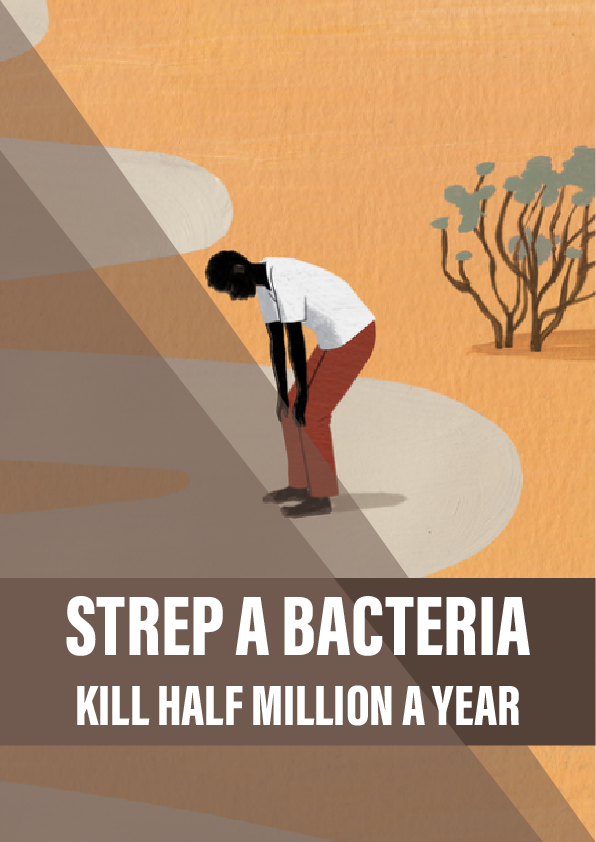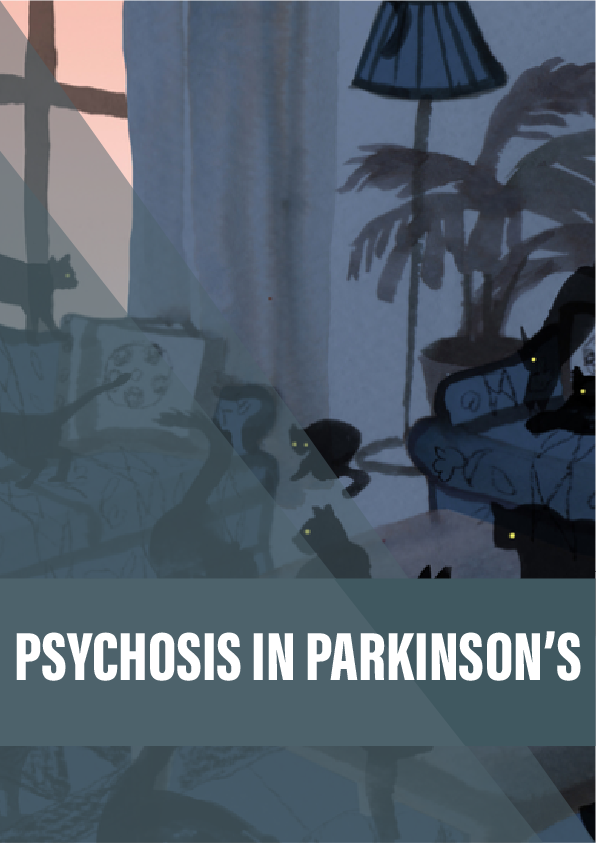One afternoon in the summer of 2018, Bob Gramling dropped by the small suite that serves as his lab in the basement of the University of Vermont’s medical school. There, in a grey lounge chair, an undergrad research assistant named Brigitte Durieux was doing her summer job, earphones plugged into a laptop. Everything normal, thought Bob.
Then he saw her tears.
Bob doesn’t balk at tears. As a palliative care doctor, he has been at thousands of bedsides and had thousands of conversations, often wrenchingly difficult ones, about dying. But in 2007, when his father was dying of Alzheimer’s, Bob was struck by his own sensitivity to every word choice of the doctors and nurses, even though he was medically trained.
“If we [doctors] are feeling that vulnerable, and we theoretically have access to all the information we would want, it was a reminder to me of how vulnerable people without those types of resources are,” he says.
He began to do research into how dying patients, family members and doctors talk in these moments about end of treatment, pain management and imminent death. Six years later, he received over $1 million from the American Cancer Society to undertake what became the most extensive study of palliative care conversations in the US.
The resulting database contains over 12,000 minutes and 1.2 million words of conversation involving 231 patients. This is the basis of the Vermont Conversation Lab, which Bob created to analyse this data and find features of those conversations that make patients and family members feel heard and understood.
Reference:











